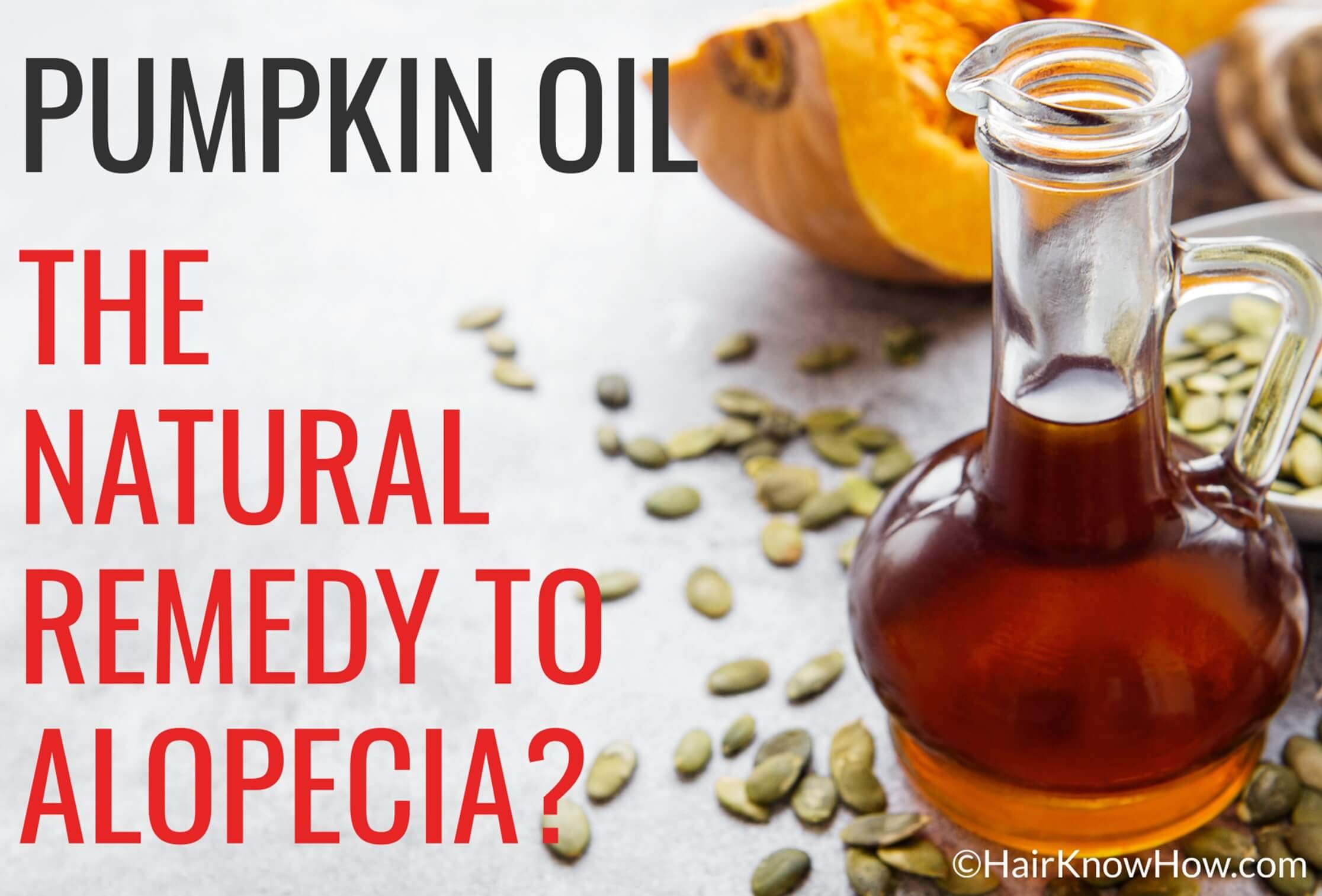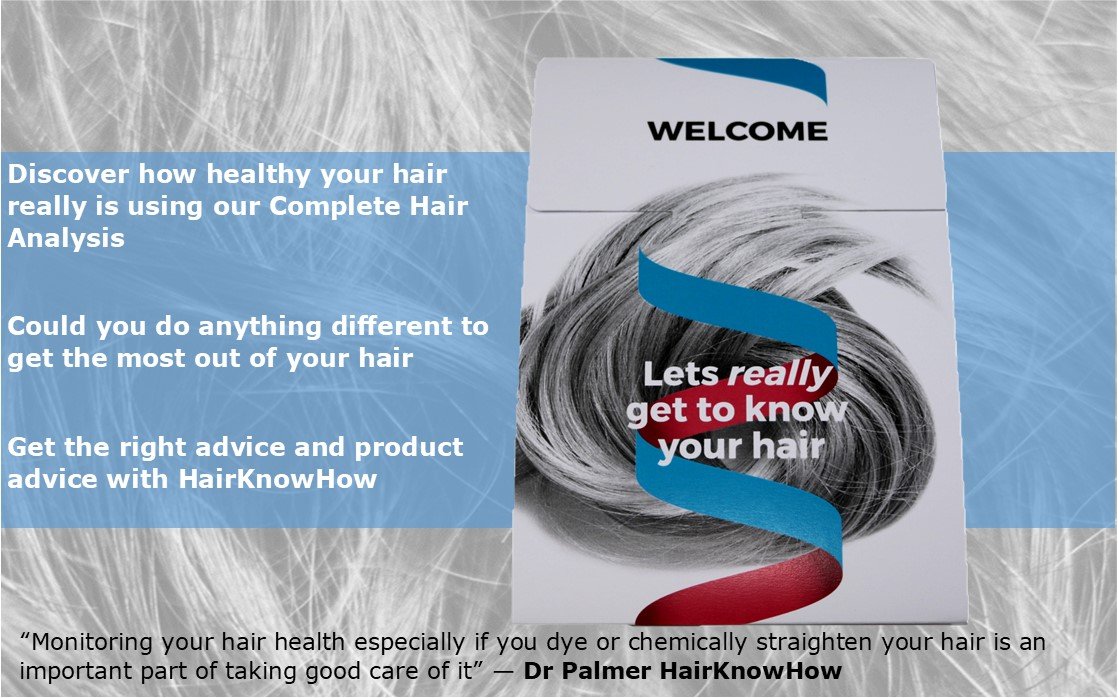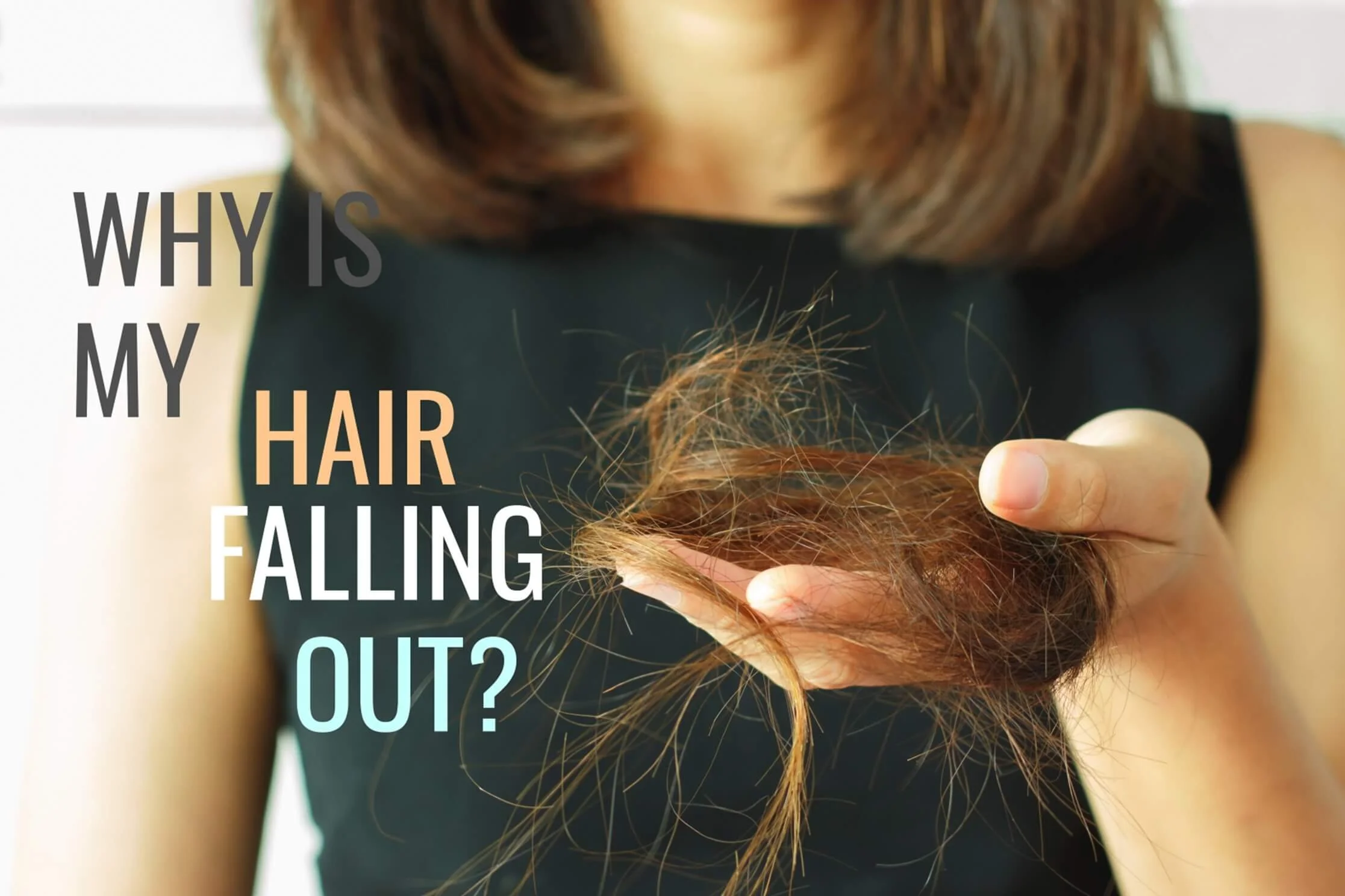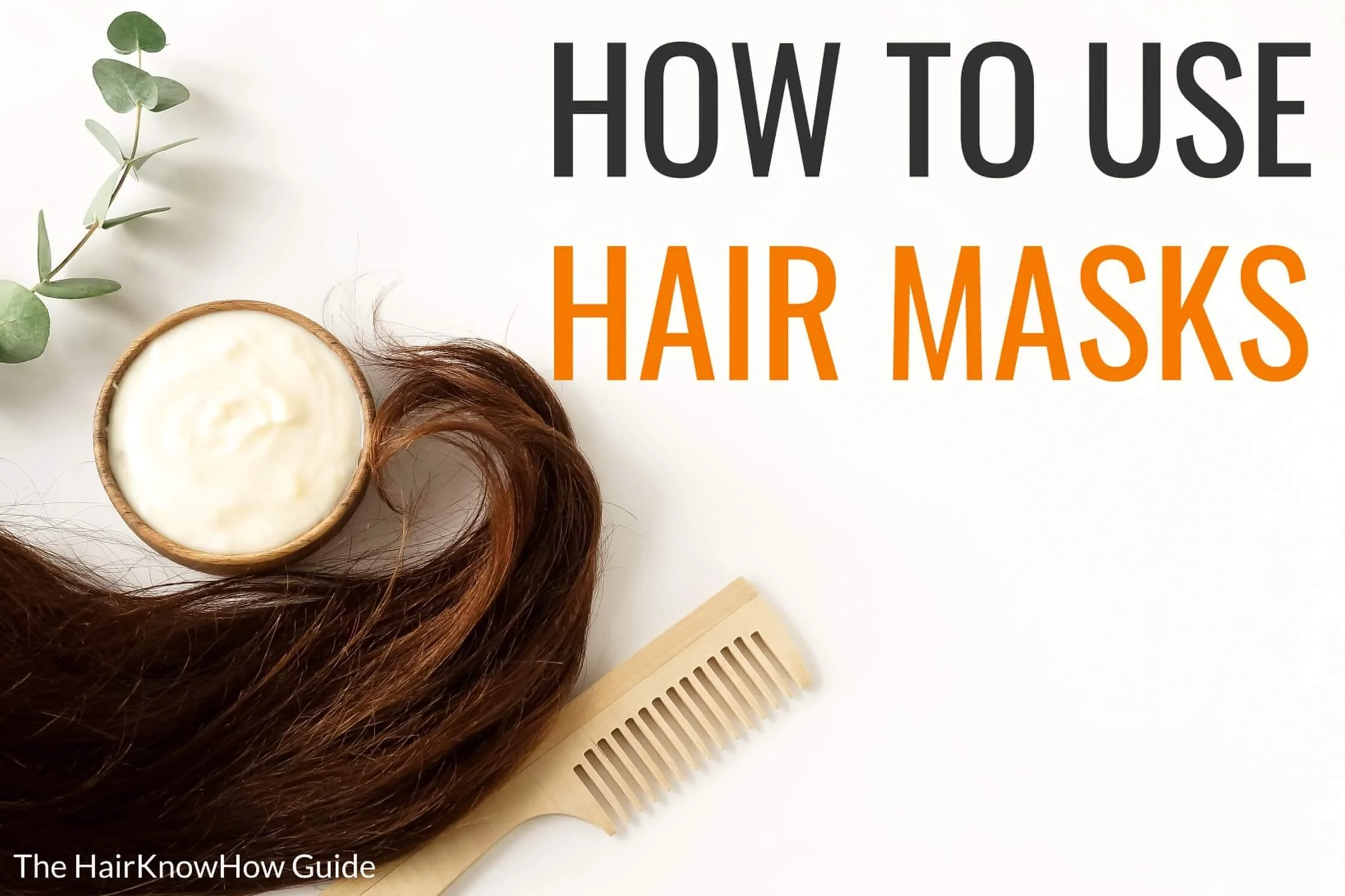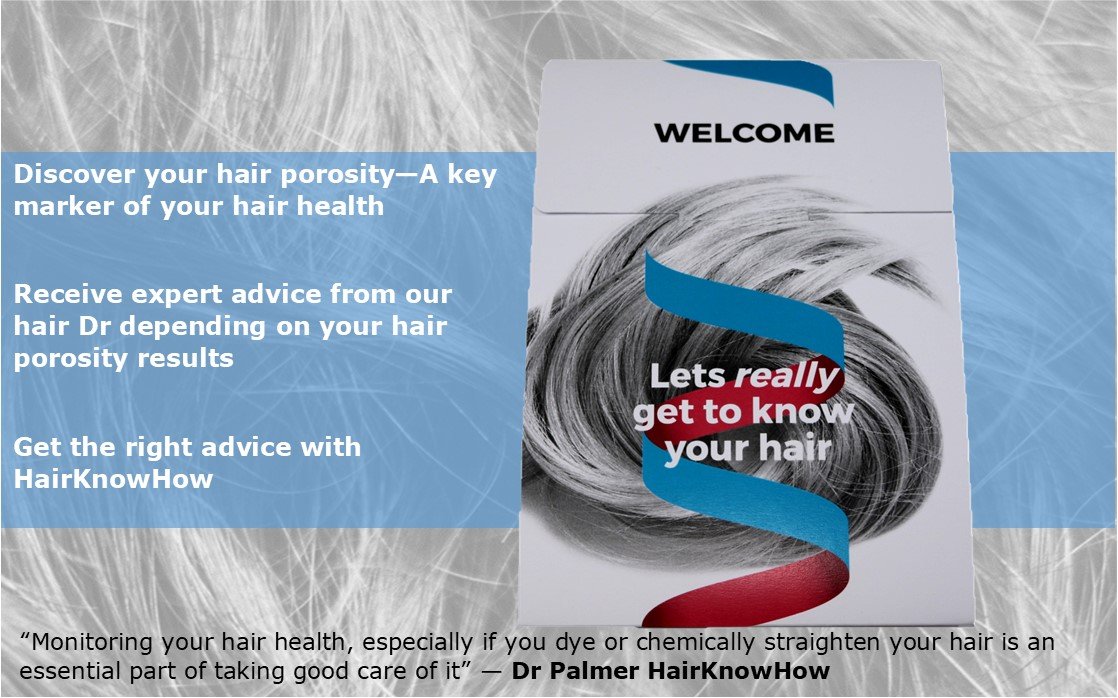Updated July 2023 By Dr Jonathan Palmer
The Benefits of Pumpkin Oil for Hair Growth: A Natural Remedy for Alopecia
Are you tired of dealing with hair loss and searching for a natural remedy that works? Look no further than pumpkin oil! Yes, that's right, the humble pumpkin holds incredible benefits for promoting hair growth and combating alopecia, especially androgenic alopecia.
In this article, we will explore the science behind pumpkin oil, its ability to stimulate hair follicles, and how to incorporate it into your daily routine. Say goodbye to thinning hair and hello to luscious locks with the power of pumpkin oil treatment for alopecia!
What is Pumpkin Oil?
Pumpkin seeds are naturally rich in oils, with about 40-50% of the seed weight being oil.
Pumpkin oil, also known as pumpkin oil or pepita oil, is derived from the seeds of the pumpkin fruit, specifically the species Cucurbita pepo subsp. pepo var. Styriaca. Styriaca is a phylogenetically young member of the Cucurbita species since a mutation leading to dark green seeds with stunted outer hulls arose in the 19th century. It was this mutation that led to the modern cultivation of pumpkin for its precious oil.
Pumpkin oil has been used for centuries in traditional medicine and culinary practices due to its numerous health benefits.
The Humble Pumpkin
Pumpkin oil itself is rich in antioxidants, vitamins such as vitamin E (α-and γ -tocopherol), minerals (including zinc and iron), essential fatty acids like omega-3s and omega-6s fatty acids, phytosterols, polyphenols, carotenoids - e.g. zeaxanthin and lutein and other compounds responsible for its pigments, taste and flavour.
Four oils comprise the majority (98%) of this Pumpkin seed oil; these are in order of abundance (low to high) stearic acid, palmitic acid, oleic acid and linoleic acid.
Pumpkin seeds are rich in polyunsaturated fatty acids, constituting 84% of the fatty acids. These "good fats" help reduce cholesterol when eaten and improve cardiovascular health.
These nutrients work together to nourish the scalp, strengthen hair follicles, reduce scalp inflammation and thus promote healthy hair growth.
One important thing to note is that pumpkin oil should not be confused with pumpkin spice or cooking oils made from pumpkins. True pumpkin oil is cold-pressed from raw pumpkin seeds, ensuring it retains its nutritional properties.
Its deep green colour may vary depending on the variety of pumpkins used and indicates a high chlorophyll concentration. This powerful antioxidant helps protect against damage caused by free radicals.
This natural elixir packs a punch when it comes to promoting hair growth while providing other potential health benefits for your body both inside and out. The science of this we will discuss and detail within this article.
What nutrients and antioxidants does it contain which contribute to potential hair benefits?
The primary antioxidative components of pumpkin seed oil are Vitamin E and the carotenoids. Together these natural compounds, when present on the hair and scalp, may offer increased protection from many environmental and processing treatments, such as hair colouring or swimming in chlorine-treated pools.
The very presence of oil on hair has a protective effect that typically applies to the cuticle, directly reducing day-to-day abrasive damage from brushing or fibres rubbing together when exercising etc.
How and Why Hair Loss Occurs
Hair loss is a common concern that affects millions of people worldwide. Understanding how and why hair loss occurs can help us find effective remedies to combat this issue.
Several factors contribute to hair loss, including genetics, hormonal changes (such as changes in androgens), nutritional deficiencies, and certain medical conditions, such as follicle inflammation. One of the most common causes is alopecia, which results in gradual thinning or complete hair loss.
A very common type of alopecia called androgenic alopecia is thought to be triggered by changes in the androgen production, resulting in hair follicles becoming gradually miniaturised and spending less time in the active phase (the anagen phase) and more time in the resting phase (the telogen phase) of hair growth which results in less hair and hair growth. The hormone dihydrotestosterone (DHT) plays a significant role in contributing to hair follicle shrinkage over time, eventually leading to hair thinning and baldness.
Alopecia can be triggered by various factors such as stress, autoimmune disorders, scalp infections, or even excessive use of harsh hair products.
Additionally, nutrient deficiencies like iron deficiency anaemia or vitamin D deficiency can disrupt the natural growth cycle of our strands. When our bodies lack essential nutrients for healthy hair growth, it can result in weakened follicles and subsequent shedding.
Understanding the underlying causes helps us explore potential solutions for addressing hair loss effectively. By targeting these root causes through proper nutrition and lifestyle changes while incorporating natural remedies like pumpkin oil into our routine skincare regimen, we may support healthy hair growth from within.
The Science Behind Pumpkin Oil for Hair Growth
Hair loss, also known as alopecia, can be a distressing condition that affects both men and women. While numerous treatments are available on the market, many people are turning to natural remedies like pumpkin oil, rosemary oil and baobab oil for hair growth.
Recent scientific studies have shed light on its potential benefits for promoting hair growth.
One study published in Evidence-Based Complementary and Alternative Medicine found that pumpkin oil contains phytochemicals that inhibit an enzyme called 5-alpha-reductase. This enzyme converts testosterone into dihydrotestosterone (DHT), contributing to hair loss. By inhibiting this conversion process, pumpkin oil may help prevent hair follicle miniaturisation and promote healthy hair growth.
A Moderate androgenic alopecia study in men (AGA) found (2x100mg taken twice a day -400mg total per day over six months) an increase in hair fibre density and an increase of fibre number of 40% in comparison to placebo.
A study of hair loss in females found increases in hair growth following topical application of 1ml daily for three months. What was observed was that PSO was around half as effective as the gold standard treatment -5% minoxidil topical foam. However, the common side effect observed with minoxidil - itchy, scaly scalp was absent when using PSO- possibly making PSO more attractive to some patients.
These and other studies have been small in number and with a limited number of participants. However, initial results look promising from a hair loss (alopecia) perspective, but for the time being, the mechanism of action is unknown. The leading hypothesis is that Beta-sitosterol and some of the fatty acids, especially oleic acid and linoleic acid (present in PSO), act as an inhibitor of 5 -reductase, the enzyme that converts testosterone to DHT important in alopecia onset. These naturally occurring molecules may contribute to its hair growth potential via their added anti-androgen effects.
Additionally, pumpkin oil is rich in essential fatty acids such as omega-3 and omega-6. These fatty acids play a crucial role in maintaining scalp health by nourishing the hair follicles and supporting proper blood circulation to the scalp.
Furthermore, pumpkin oil is packed with antioxidants like vitamin E and beta-carotene. These antioxidants protect against oxidative stress caused by free radicals, which can lead to premature ageing of the hair follicles and subsequent hair loss.
Scientific research suggests that pumpkin oil may offer significant benefits for promoting healthy hair growth. Its ability to inhibit DHT production and provide essential nutrients makes it a promising option for those experiencing alopecia or seeking preventative measures against future thinning or baldness issues.
Incorporating pumpkin oil into your routine could be an effective natural remedy worth exploring!
How Pumpkin Oil Promotes Hair Growth
Pumpkin oil has been hailed as a natural remedy for hair loss thanks to its ability to promote hair growth. But how exactly does it work?
One key factor is the presence of certain nutrients in pumpkin oil that are essential for healthy hair growth. These include omega-3 fatty acids, vitamins A and E, and zinc. Omega-3 fatty acids help nourish the scalp and strengthen hair follicles, while vitamins A and E provide antioxidant protection.
Another way pumpkin oil promotes hair growth is by inhibiting the production of dihydrotestosterone (DHT), a hormone that can contribute to hair loss. DHT binds to hair follicles, causing them to shrink and eventually stop producing new hairs. Pumpkin oil contains phytosterols, compounds that have been shown to block the enzyme responsible for converting testosterone into DHT.
Additionally, pumpkin oil has anti-inflammatory properties that help soothe an inflamed or irritated scalp. This can create a healthier environment for hair follicles to thrive.
Incorporating pumpkin oil into your hair care routine or diet may help stimulate new hair growth and prevent further thinning or balding. It's important to note that results may vary depending on individual factors such as genetics and overall health.
To use pumpkin oil for promoting hair growth, you can either consume it orally or apply it topically onto your scalp. Keep reading to learn more about these methods!
Who should use pumpkin oil?
Who should use pumpkin oil for hair growth? Well, the good news is that pumpkin oil can benefit a wide range of people dealing with hair loss or thinning, including those suffering from androgenic alopecia.
If you have noticed excessive shedding or gradual hair thinning, incorporating pumpkin oil into your routine may be worth considering. It has been found to be particularly effective in treating androgenetic alopecia, also known as male pattern baldness or female pattern hair loss. Treatment can include applying pumpkin oil topically or taking pumpkin oil supplements daily.
Pumpkin oil could be a great option if you have tried other remedies without success or are looking for a natural alternative to pharmaceutical treatments. It contains essential nutrients like vitamins A and E, zinc, and omega-3 fatty acids that nourish the scalp and promote healthy hair growth, which has been shown clinically following three to six months of application - in line with many other alternative and over-the-counter treatment options.
Individuals experiencing postpartum shedding or hormonal imbalances may find relief with regular use of pumpkin oil. Its hormone-balancing properties can help regulate DHT levels in the scalp and reduce inflammation that contributes to hair loss.
Anyone looking to improve their overall hair health can benefit from using pumpkin oil. Even if you don't have noticeable hair loss issues, this natural remedy can support thicker and shinier locks by providing vital nutrients directly to the follicles.
Whether you are struggling with significant hair loss or simply want to enhance your mane's vitality naturally – consider giving pumpkin oil a try!
Potential Side Effects of Pumpkin Oil
While pumpkin oil is generally considered safe for most people, it's important to be aware of potential side effects. In rare cases, some individuals may experience allergic reactions to pumpkin oil. Common signs of an allergic reaction include itching, rash, swelling, and difficulty breathing.
Additionally, consuming large amounts of pumpkin oil orally may cause digestive issues such as diarrhoea or upset stomach. It's always recommended to start with a small dosage and gradually increase if needed.
When applied topically on the scalp, in rare cases, users have reported mild irritation or redness. If you experience any discomfort or adverse reactions after using pumpkin oil on your hair or scalp, discontinue use immediately and consult your healthcare professional.
By being aware of these potential side effects and taking necessary precautions, you can safely incorporate pumpkin oil into your hair care routine or diet for its numerous benefits in promoting healthy hair growth.
How to Use Pumpkin Oil for Hair Growth
Using pumpkin oil for hair growth is a natural and effective remedy for those dealing with alopecia or hair loss. There are various ways to incorporate this oil into your hair care routine, whether it's through oral consumption or topical application.
One way to use pumpkin oil is by consuming it orally. You can find pumpkin oil in supplement form at health food stores or online. Taking these supplements regularly can provide your body with the necessary nutrients to support healthy hair growth from within.
Another option is to apply pumpkin oil topically on your scalp. Start by massaging a small amount of the oil onto your scalp, focusing on areas where you have thinning hair or bald patches. Leave it on overnight if possible, allowing the nutrients in the oil to penetrate deep into your scalp.
If you prefer a more DIY approach, you can make your own homemade pumpkin oil treatment by roasting and grinding fresh pumpkin seeds until they release their oils. Mix this homemade oil with a carrier like a coconut or jojoba oil and apply it directly to your scalp, as mentioned before.
It's important to note that while using pumpkin oil may promote hair growth, results may vary depending on individual factors such as genetics and overall health. It's always best to consult with a healthcare professional before starting any new treatments.
Incorporating Pumpkin Oil into Your Hair Care Routine
Take pumpkin oil supplements daily.
Massage a few drops of pumpkin oil onto your scalp, focusing on thinning areas or bald patches.
Leave the oil on overnight if possible to allow for better absorption into the scalp. Using a silk pillow or hair cap can help reduce the mess!
Rinse the oil off in the morning with a mild sulfate-free shampoo.
Consuming Pumpkin Oil Orally
Consuming pumpkin oil orally can also provide numerous benefits for hair growth. When ingested, the oil's nutrients are absorbed into the bloodstream and transported throughout the body, nourishing hair follicles from within. This has been tested during small-scale clinical trials with increased hair fibre number and growth being observed.
As an Amazon Associate I earn from qualifying purchases - Click here to read our Affiliate Disclaimer
Pumpkin Seed Oil Capsules 3000mg | Cold Pressed | High Strength Supplement
Daily Pumpkin Seed Oil Supplement.
Styrian Pumpkin Seed Oil Premium Quality, Excellent Nutty Taste, Dark Green And Thick Cold Pressed And Unrefined
Either consume on a freshly prepared salad or use on your scalp.
The nutrients within pumpkin oil can play a crucial role in maintaining healthy hair growth by promoting scalp health, strengthening hair strands, and reducing inflammation that can inhibit hair growth.
By incorporating pumpkin oil into your diet, you can support overall scalp health and stimulate new hair growth. It is recommended to consume one tablespoon of pumpkin oil daily or incorporate it into your meals by drizzling it over salads or adding it to smoothies.
Remember that consistency is key when using any natural remedy for alopecia. Results may not be immediate; therefore, patience is necessary. Combine oral consumption with other methods, such as topical application, for optimal results.
The majority of existing clinical data with hair oils that are either consumed or applied topically daily are based on those participating in the studies applying or consuming oil daily for three to six months. This is also the case for minoxidil and other alopecia treatments.
Topical Application Of Pumpkin Oil
When it comes to using pumpkin oil for hair growth, topical application is a popular method. Applying the oil directly to your scalp can help nourish and stimulate your hair follicles, promoting healthy hair growth.
To use pumpkin oil topically, start by massaging a small amount onto your scalp. You can do this after washing and drying your hair or as a leave-in treatment overnight. Gently massage the oil into your scalp in circular motions to ensure even distribution.
One of the reasons why topical application of pumpkin oil is effective is because it contains essential fatty acids and antioxidants that penetrate deep into the scalp. These natural nutrients help strengthen the hair follicles, reduce inflammation, and promote overall scalp health.
Pumpkin oil has been found to inhibit an enzyme called 5-alpha reductase, which converts testosterone into dihydrotestosterone (DHT). DHT is known to contribute to male pattern baldness and other types of alopecia. By inhibiting this enzyme, pumpkin oil may help prevent further hair loss.
Regularly applying pumpkin oil topically can also improve the appearance and texture of your existing hair. It can add shine, reduce frizz, and make your locks look healthier overall.
Remember that consistency is key when using any natural remedy for hair growth. While individual results may vary, incorporating topical application of pumpkin oil into your regular hair care routine could potentially yield positive results over time.
How to use Pumpkin Seed Oil As An Alternative Treatment For Androgenic Hair Loss In Men
If you are interested in trying PSO as an alternative hair loss treatment. HairKnowHow recommends, for example, men suffering from Androgenic Alopecia taking up to 400mg daily (the number of capsules required may vary depending on the amount of PCO present within each capsule).
Pumpkin Seed Oil As An Alternative Method For Female Pattern Hair Loss
For ladies with pattern hair loss, massage up to 1ml of topical PSO oil into the scalp daily in the morning or before bed. I typically recommend diluting oils in a small amount of clean, warm water before application. This can help the oil more easily reach the scalp if applied using a pipette or by hand. The water evaporates, leaving the oil in place - some people find this easier.
In terms of length of use, typically, as with any hair treatment for hair loss, results do take some time to realise.
Results can start to be evident after three months, but six months of daily application or medicating is typically required.
How To Add Pumpkin Seed Oil To Daily Routine
There are not very many conditioners or indeed shampoos incorporating PSO into their formulations on the market at the moment.
Adding PSO to your favourite conditioner may be the easiest route for everyday use. I'd recommend adding 5-10 drops of the oil to your favourite bottle of conditioner and mixing thoroughly (by shaking it with the lid on!). Massage it into your hair and scalp and leave it on for a few minutes to allow it to penetrate your hair fibres and scalp, where it can do the most good.
For those readers that use hair masks, I'd recommend adding 5-10 drops of topical PSO oil into their goto hair mask that will most likely already be bursting with oils. Mix the hair mask with a clean kitchen utensil. If your hair mask is solid or hard to mix, then warm its container by placing it in warm water for 30 minutes to soften it before mixing.
Remember, the use of a good sulfate-free shampoo is always recommended for the vast majority of hair types.
Homemade Pumpkin Oil For Hair Treatment
Making your own pumpkin oil at home is a cost-effective and natural way to promote hair growth. Here's how you can do it:
Start by obtaining fresh pumpkin seeds. You can either save the seeds from pumpkins you've used for cooking or purchase them from a local grocery store.
Thoroughly wash the pumpkin seeds to remove any dirt or debris. Pat them dry with a towel.
Preheat your oven to 350°F (175°C). Spread the cleaned pumpkin seeds on a baking sheet in a single layer.
Roast the pumpkin seeds in the oven for about 15 minutes or until they turn golden brown and fragrant.
Allow the roasted seeds to cool completely before transferring them into a blender or food processor.
Blend the cooled pumpkin seeds until they form a fine powder-like consistency.
Transfer the powdered seeds into an empty glass jar, preferably one with an air-tight seal.
Fill approximately half of the jar with olive oil, making sure that all of the powdered pumpkin seeds are covered.
Cover tightly and shake vigorously to ensure proper mixing of ingredients.
Place your jar in a cool, dark place, such as a pantry or cabinet and let it sit undisturbed for at least two weeks. This allows for the infusion of oils
After two weeks, strain out any remaining solids using cheesecloth or muslin cloth. Pour the resulting liquid into another clean jar.
Store the jar of oil away from sunlight with the lid on tight.
By following these simple steps, you can create your own homemade pumpkin oil packed with nutrients beneficial for hair growth. It's important to note that homemade versions may have slightly different potency compared to commercially available ones. Nevertheless, it offers an affordable alternative without any added chemicals!
Other Options For Stimulating Hair Growth
In addition to using pumpkin oil, there are several other options available that can help stimulate hair growth and combat alopecia. These alternative methods may be used alone or in conjunction with pumpkin oil for maximum effectiveness.
One option is to incorporate essential oils into your hair care routine. Essential oils such as lavender, rosemary, and peppermint have been shown to promote hair growth by increasing blood flow to the scalp and stimulating follicles. You can mix a few drops of these oils with a carrier oil like coconut or jojoba oil and massage it into your scalp.
Another approach is to try nutritional supplements specifically formulated for hair health. Biotin, vitamin D, iron, and zinc are all important nutrients that play a role in maintaining healthy hair growth. Taking these supplements regularly can help support strong and vibrant locks.
Scalp massages can also be beneficial for promoting circulation and stimulating hair growth. Gently massaging your scalp with your fingertips increases blood flow to the follicles, delivering essential nutrients while simultaneously removing toxins from the area.
Adopting a healthy lifestyle overall will contribute positively to your efforts in combating alopecia. Eating a balanced diet rich in vitamins and minerals, and exercising regularly to improve circulation throughout the body, including the scalp area, will facilitate optimal conditions for healthy hair growth.
Remember that everyone's experience with various methods may vary due to individual factors such as genetics or underlying medical conditions. It's always best to consult a healthcare professional before starting any new treatment regimen.
Other Amazing Benefits Of Pumpkin Seed Oil For Overall Health
PSO provides many positive health effects; these include reducing hypertension and carcinogenic diseases. It possesses antidiabetic, antibacterial, antioxidant, anti-inflammatory, and wound-healing properties. It can be used for benign prostatic hyperplasia to help relieve bladder and prostate discomfort and reduce inflammation in the prostate due to its diuretic effect.
Key Takeaways
Pumpkin oil has gained popularity as a natural remedy for hair loss, particularly in cases of alopecia. This nutrient-rich oil contains compounds that can help promote hair growth and reduce inflammation on the scalp.
Here are the key takeaways from this article:
Pumpkin oil is derived from pumpkin seeds and is rich in vitamins, minerals, and antioxidants that contribute to overall hair health.
Hair loss occurs due to various factors such as genetics, hormonal imbalances, nutrient deficiencies, and inflammatory conditions.
The science behind pumpkin oil's effectiveness lies in its ability to inhibit the enzyme responsible for converting testosterone into dihydrotestosterone (DHT), which plays a significant role in male pattern baldness.
Pumpkin oil promotes hair growth by nourishing the scalp with essential nutrients like zinc and vitamin E while reducing inflammation.
Anyone experiencing hair loss or thinning can benefit from using pumpkin oil as part of their hair care routine; however, it may be more effective for those with mild to moderate forms of alopecia.
While generally safe for most people, some individuals may experience side effects such as stomach upset or allergic reactions when consuming or applying pumpkin oil topically.
To use pumpkin oil for promoting hair growth orally, consider incorporating it into your diet through foods or supplements.
For topical application of pumpkin oil on the scalp, dilute it with a carrier oil like coconut or jojoba before massaging it onto your scalp regularly.
You can also create homemade treatments using pumpkin oil by combining it with other beneficial ingredients like rosemary essential oil or castor oil.
Get Expert Hair Analysis and Help
If you want to discover how well you are looking after your hair, hair type, or porosity, check out one of HairKnowHow's hair analyses below.
Contact the HairKnowHow Team if you have any questions or would like us to include additional information about a particular hair growth oil you are interested in.
Dr Palmer and The HairKnowHow Team.

